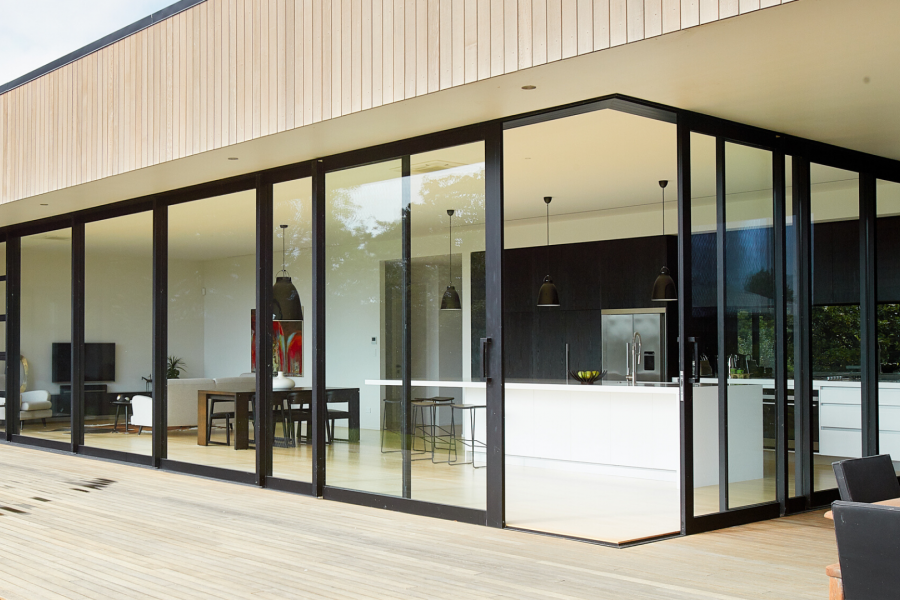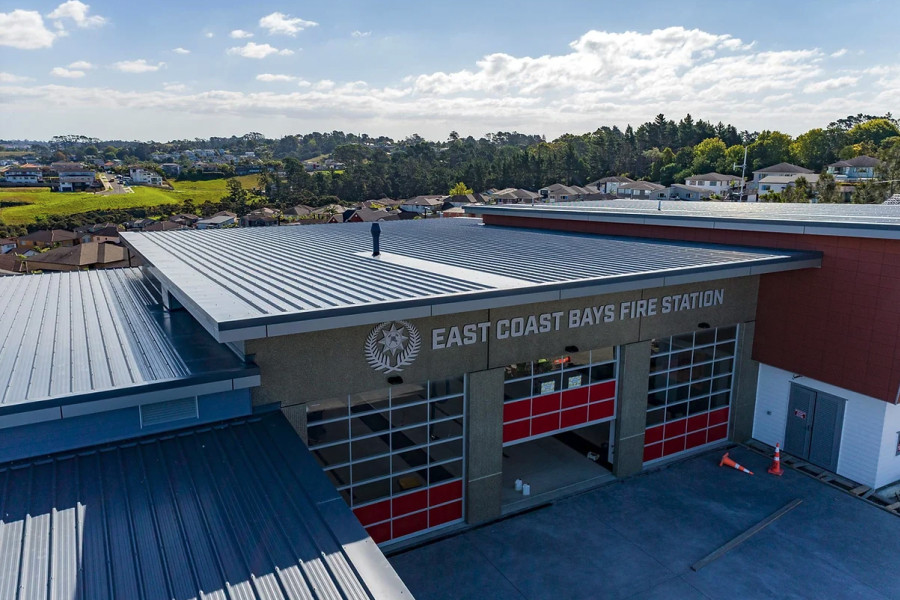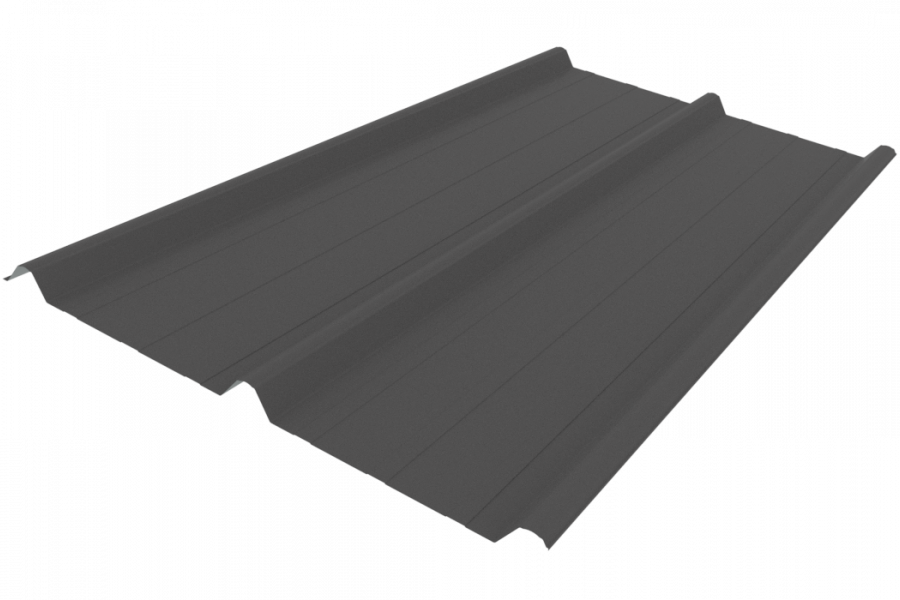So where is the industry heading, and what should we prioritise to support investment into our industry as we face an uncertain future after record levels of activity?
Let's take a step back for a second. We should acknowledge that after years of construction cost increases, there is no point waiting for a material recalibration of construction costs. Building materials will not get cheaper, although we can expect some short-term “deals” from the manufacturers impacted by the quiet European and Chinese markets. Construction CPI is now back in the normal range after the pandemic's impacts, but it is still increasing ~4 to 6% pa. Wage cost inflation expectation is currently running at ~4%.
So with much complaint being levelled at the cost to build, what else can we do to make the demand requirements more achievable?
Well, let’s look more closely at the aforementioned data released by Stats NZ:
Our analysis suggests that over the last 24 months, 20% of approvals have not yet started, and 8% have been cancelled altogether. If this trend continues, the 32,000 consent approvals forecast for 2024, could equate to 26,000 homes actually being built (a 40% reduction compared to 2023’s total completions).
Although it is not just what we are starting to build; how long it takes a project to get going, and the time to complete are equally disappointing. Projects in 2022/23 took longer on average to complete, with the national median time to completion of a stand-alone home exploding from 300 days (in 2019) to 500+ days today. That’s 17 months from consent approval to council sign-off for a detached house! Our industry could do so much more for people struggling to afford to build. Not only do they need to deal with increases in design fees, material costs and labour, but they also need to allow for 17 months of finance.
Project starts have been sluggish, taking, on average, 163 days from Consent Approval to First Inspection.
And the time from Final Inspection to Code Compliance Certificate issuance was 60 days in June 2022 (the final CCC date reported).
Then looking at actual numbers from Auckland Council, in January 2024, 74% of CCCs were for projects completed within 2 years of consent approval, down from 84% in March 2023.
No one in the industry should accept these numbers.
While impacts from product pricing/availability and labour skill/availability might be a factor, I feel we should concentrate on improving efficiencies across the entire build process to reduce cost, increase productivity, and prepare to meet the demands of the future.
The question for all of us is, what can we do to work with building product suppliers to develop better system solutions?
How can we improve our own design outcomes, as well as product selection and coordination?
How can we demand better processes onsite from our build partners?
How do we support BCAs to deliver better efficiencies in their processes?
For all of us, it’s time to step up to the challenge.
Dive deeper: To get a better understanding of what we are building, and what is driving the future of our industry, download the latest EBOSS Pulse Report for full insights on NZ construction demand.










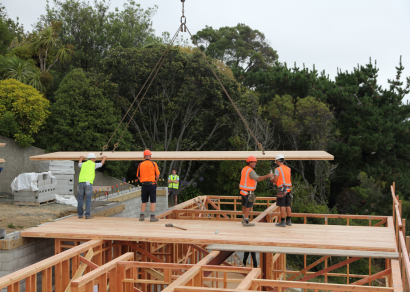


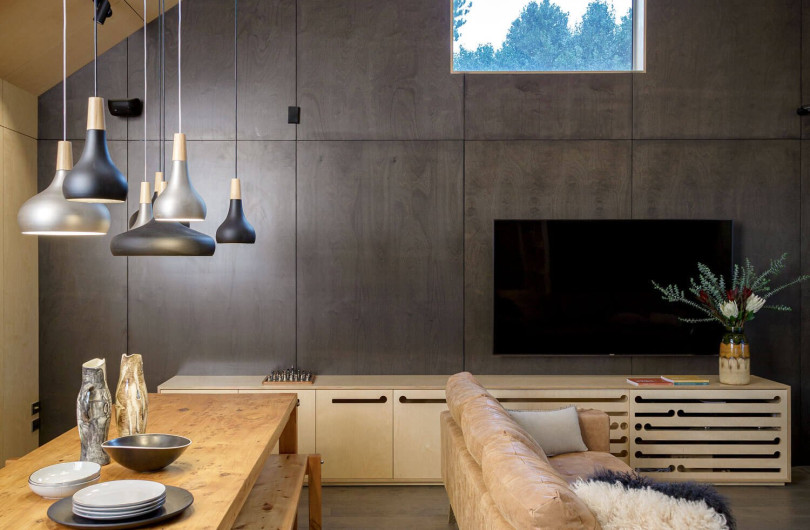
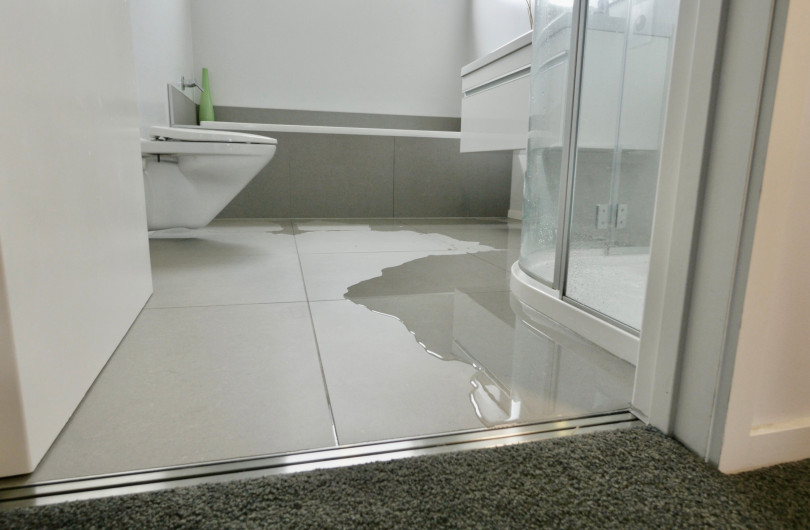


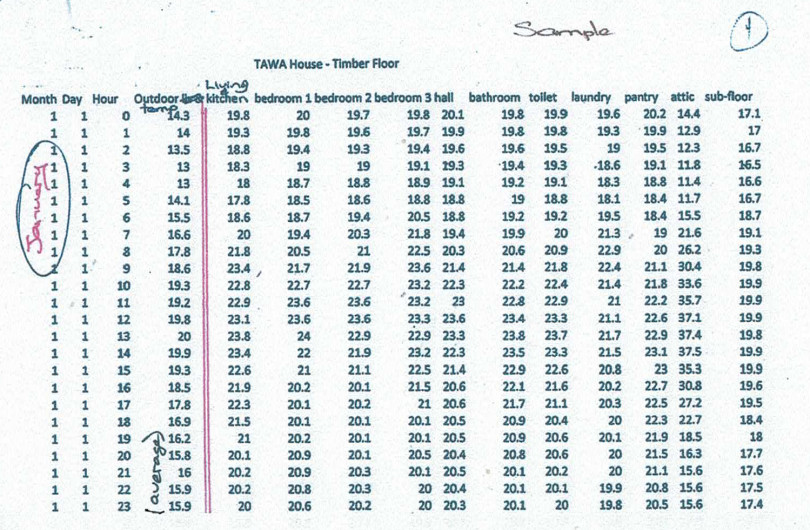






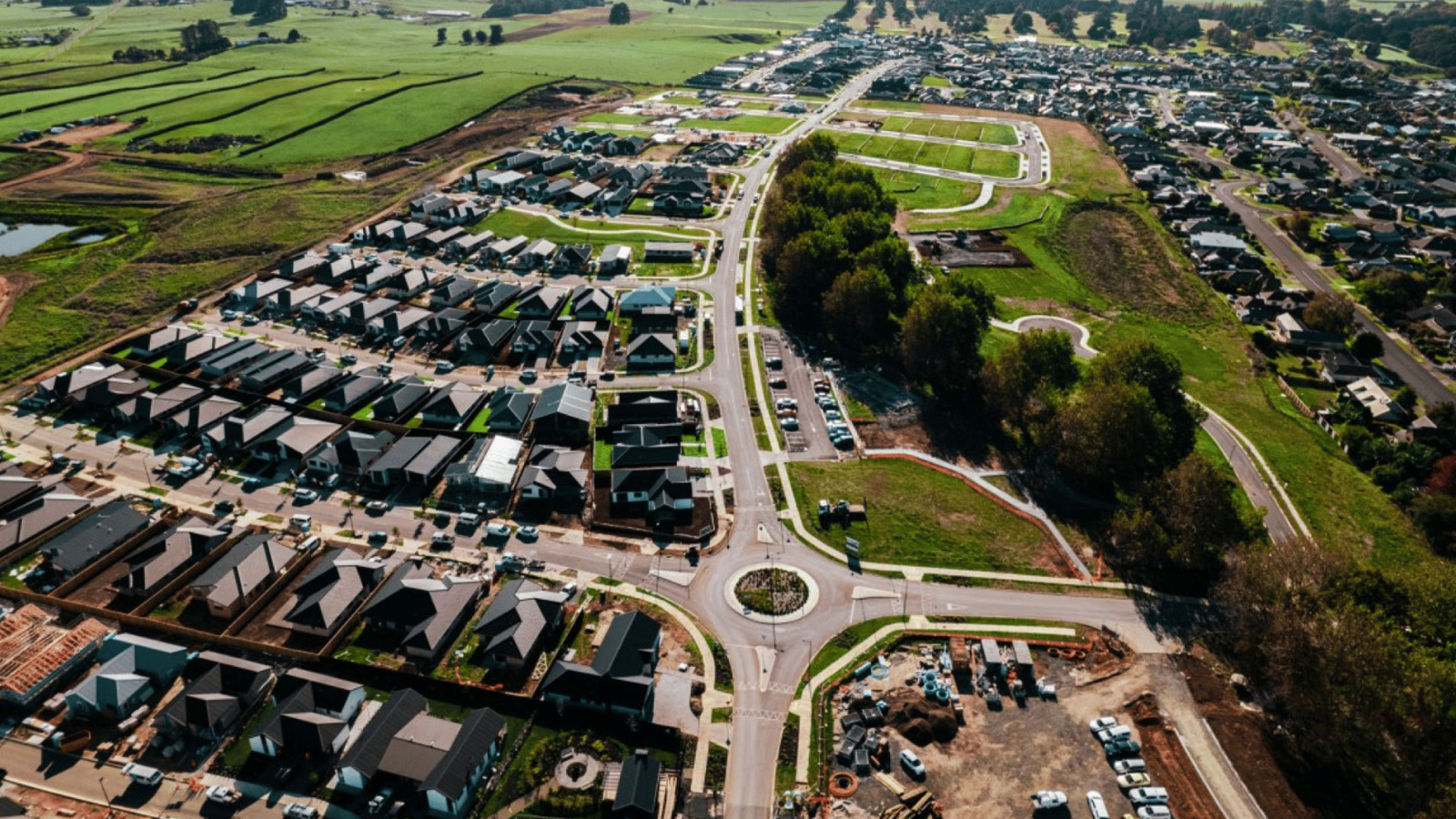



 Most Popular
Most Popular Popular Products
Popular Products